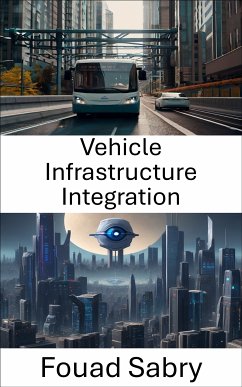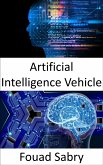Vehicle infrastructure integration (VII) is an initiative fostering research and application development for a series of technologies directly linking road vehicles to their physical surroundings, first and foremost to improve road safety. The technology draws on several disciplines, including transport engineering, electrical engineering, automotive engineering, and computer science. VII specifically covers road transport, although similar technologies are in place or under development for other modes of transport. Planes, for example, use ground-based beacons for automated guidance, allowing the autopilot to fly the plane without human intervention. In highway engineering, improving the safety of a roadway can enhance overall efficiency. VII targets to improve both safety and efficiency.
How you will benefit
(I) Insights, and validations about the following topics:
Chapter 1: Vehicle Infrastructure Integration
Chapter 2: Intelligent Transportation System
Chapter 3: Dedicated Short-Range Communications
Chapter 4: Vehicular Communication Systems
Chapter 5: Vehicular Ad Hoc Network
Chapter 6: Research and Innovative Technology Administration
Chapter 7: Connected Car
Chapter 8: Intelligent Speed Assistance
Chapter 9: GNSS Road Pricing
Chapter 10: Safety of Cycling Infrastructure
(II) Answering the public top questions about vehicle infrastructure integration.
(III) Real world examples for the usage of vehicle infrastructure integration in many fields.
Who this book is for
Professionals, undergraduate and graduate students, enthusiasts, hobbyists, and those who want to go beyond basic knowledge or information for any kind of Vehicle Infrastructure Integration.
Dieser Download kann aus rechtlichen Gründen nur mit Rechnungsadresse in A, B, BG, CY, CZ, D, DK, EW, E, FIN, F, GR, H, IRL, I, LT, L, LR, M, NL, PL, P, R, S, SLO, SK ausgeliefert werden.









